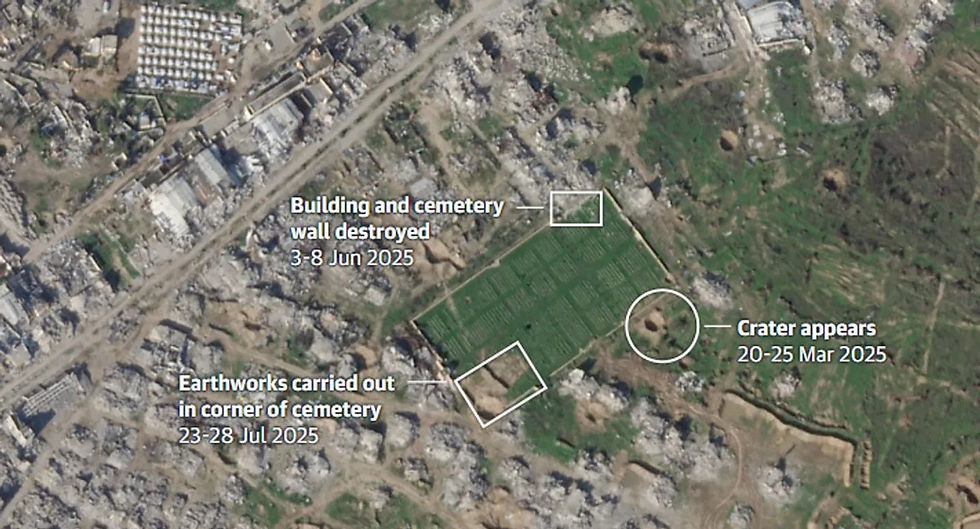Naim Qassem to Israel: The solution is a ceasefire
- Next News
- Oct 15, 2024
- 2 min read
Hezbollah Deputy Secretary-General Naim Qassem said on Tuesday that a ceasefire is the solution to the tense situation between Lebanon and Israel.

“I tell the State of Israel that the solution is a ceasefire,” Qassem said in his third televised speech since the assassination of Hezbollah Secretary-General Hassan Nasrallah on September 27.
“After the ceasefire, according to an indirect agreement, the settlers will return to the north, and other measures will be decided,” he added.
“If Israel rejects [the ceasefire], we will continue the war, and if the war continues, there will be more uninhabited settlements and more than two million people will be in danger,” he explained.
“We have the right to target any point in Israel, in the center, north or south, and we will choose the point we see fit,” Qassem said.
“Hezbollah has moved from a phase of support to confrontation with Israel since the shelling of the sea on September 17 and the assassination of Secretary-General Hassan Nasrallah on September 27.
'Hezbollah has recovered, regained its capabilities and deployed its replacements. 'There are no vacant leadership positions in Hezbollah and every position has an alternative leader.'
'Israel lost 25 dead and 150 wounded in the first week [of the ground operation].'
'Hezbollah has decided on an equation to harm the enemy so that its missiles can reach Haifa and beyond.'
'Israel is working in its own way to create a new Middle East, and Lebanon is part of the Israeli expansionist project.'
He stressed that Israel wants to strike the leadership and the army and end Hezbollah's presence so that 'the Israelis and Americans are satisfied and can run Lebanon as they wish, but they have not achieved the first step.'
Regarding Gaza, Qassem said: 'The Al-Aqsa invasion was an operation aimed at expelling the occupiers after 75 years of occupation, and what they did was their legitimate right, and we support them to liberate their land and protect our land.'
He stressed that what is happening now is “not an Iranian project, but rather a Palestinian project supported by Iran, Yemen, Iraq, and others.”









Comments